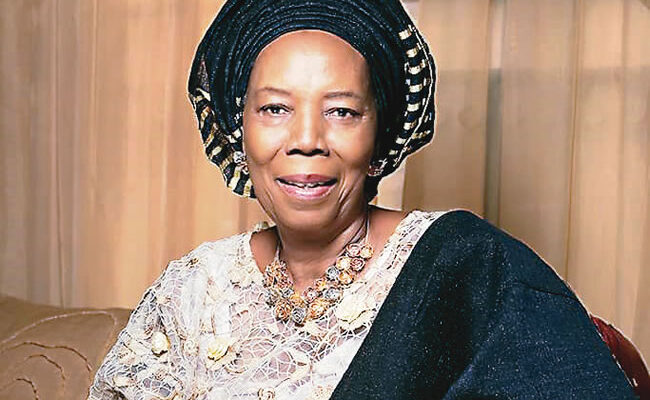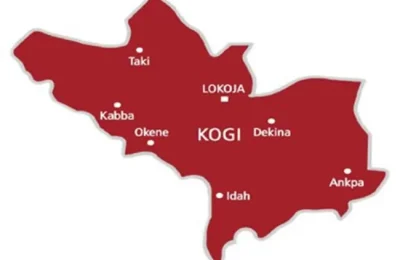

By Akintayo Abodunrin
RETIRED professor of Library Studies and the first woman in sub-Saharan Africa to obtain a PhD in English Literature, Beatrice Olabimpe Aboyade, will be buried on Friday, March 31.

The academic and wife of the late eminent economist, Professor Ojetunji Aboyade, passed on March 3, aged 87.
Described as a pioneer in librarianship in Nigeria by the World Encyclopedia of Library and Information Services, Aboyade worked at the Universities of Ibadan and Ife (Obafemi Awolowo University) libraries.
Born on August 24, 1935, Aboyade had her primary education at Christ Church Primary School, Porogun, Ijebu Ode. She proceeded to Queen’s College, Lagos, for her secondary education between 1948-51. Between 1952-53, she completed high school at Queens College, Ede. She got her first degree in English from the University of Ibadan in 1960, then obtained further degrees from the University of Michigan in 1964. In 1970, she completed her doctorate from UI.

Aboyade had a stint at the Nigerian Broadcasting Corporation before she joined the University of Ibadan library as an Assistant Librarian in 1962. Later, she took on a new role as Chief Cataloger at the University of Ife in 1965. She returned to the University of Ibadan three years later to lead their Reader Services. In 1972, she began to teach in the Library Science department.

In 1978, she was promoted from senior lecturer to Professor of Library Studies. She later served as head of the Library, Archival and Information Studies department.
She also ran the Rural Development Information System (RUDIS), which increased information access to rural African people. Her work with RUDIS revealed that Nigerian rural libraries primarily served a functional requirement. The library books were used to show how to improve utilities such as roads, electricity, finance and piped water and inform the public on non-local employment opportunities, fertilisers, and trading opportunities. Children and grandchildren survive her.
READ ALSO FROM NIGERIAN TRIBUNE








